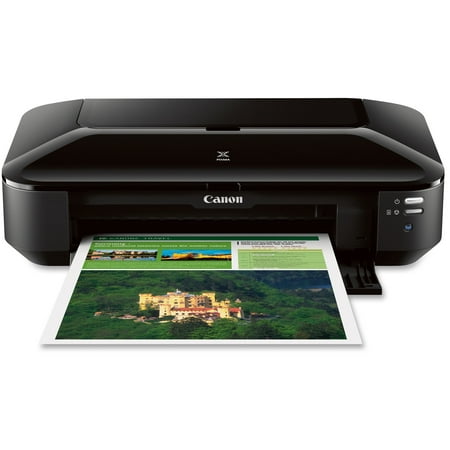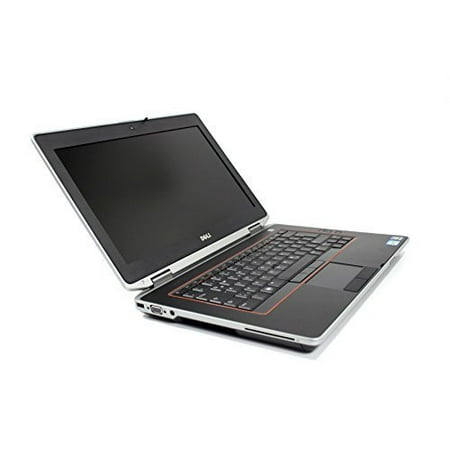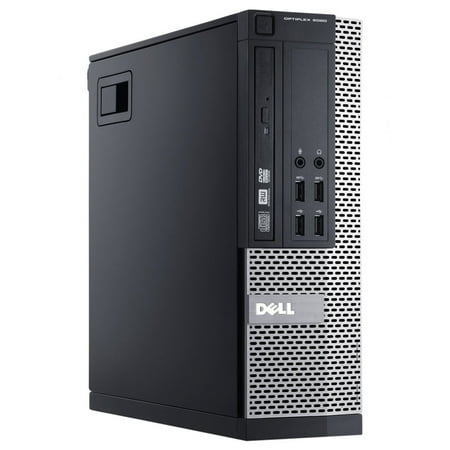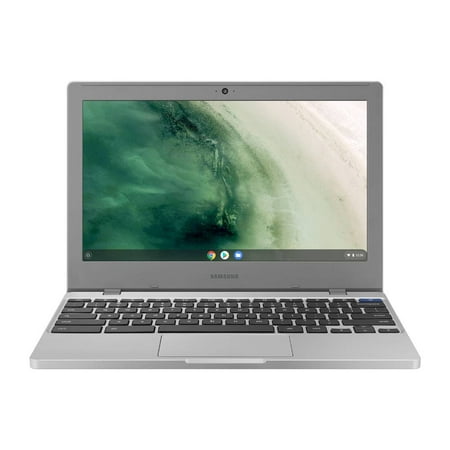Microsoft Office Home & Business 2019 | One-time purchase, 1 device | PC/Mac Download
For households and small agencies who want traditional Office apps and e-mail mounted on one PC or Mac to be used at domestic or paintings. Included programs: Word, Excel, PowerPoint, Outlook







Reviews
There are no reviews yet.